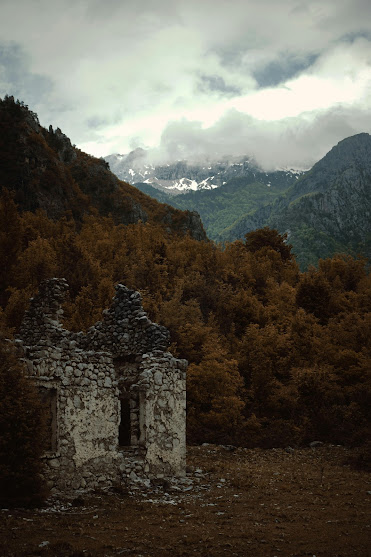Albania, located on the southeastern edge of Europe, is a country rich in history, culture, and natural beauty. Bordered by Montenegro to the northwest, Kosovo to the northeast, North Macedonia to the east, and Greece to the south, it also boasts a stunning coastline along the Adriatic and Ionian Seas.
History and Culture
Albania has a diverse history influenced by Illyrian, Roman, Byzantine, and Ottoman civilizations. The country declared independence from the Ottoman Empire in 1912, and this event is celebrated annually. Its capital, Tirana, is a vibrant city that reflects a mix of architectural styles, from Ottoman-era buildings to modern structures.

Albanian culture is characterized by its unique traditions, folklore, and a rich tapestry of languages and dialects. The country is home to several UNESCO World Heritage Sites, including the ancient city of Butrint and the well-preserved town of Gjirokastër, known for its stone houses and cobblestone streets.

Natural Beauty
Albania is renowned for its stunning landscapes, ranging from rugged mountains to pristine beaches. The Albanian Riviera features crystal-clear waters and picturesque towns like Dhërmi and Jale Beach. The Albanian Alps, known as the "Accursed Mountains," offer breathtaking views and opportunities for hiking and adventure.
Albanian cuisine reflects Mediterranean influences, with an emphasis on fresh ingredients, grilled meats, and seasonal vegetables. Traditional dishes include byrek (a savory pastry), tavë kosi (baked lamb with yogurt), and various seafood options along the coast.
Modern Albania
Today, Albania is on a path of growth and development, attracting tourists with its hospitality and untouched beauty. As it continues to modernize, the country balances its rich traditions with contemporary influences, making it an exciting destination for travelers seeking both adventure and cultural experiences.

















No comments:
Post a Comment